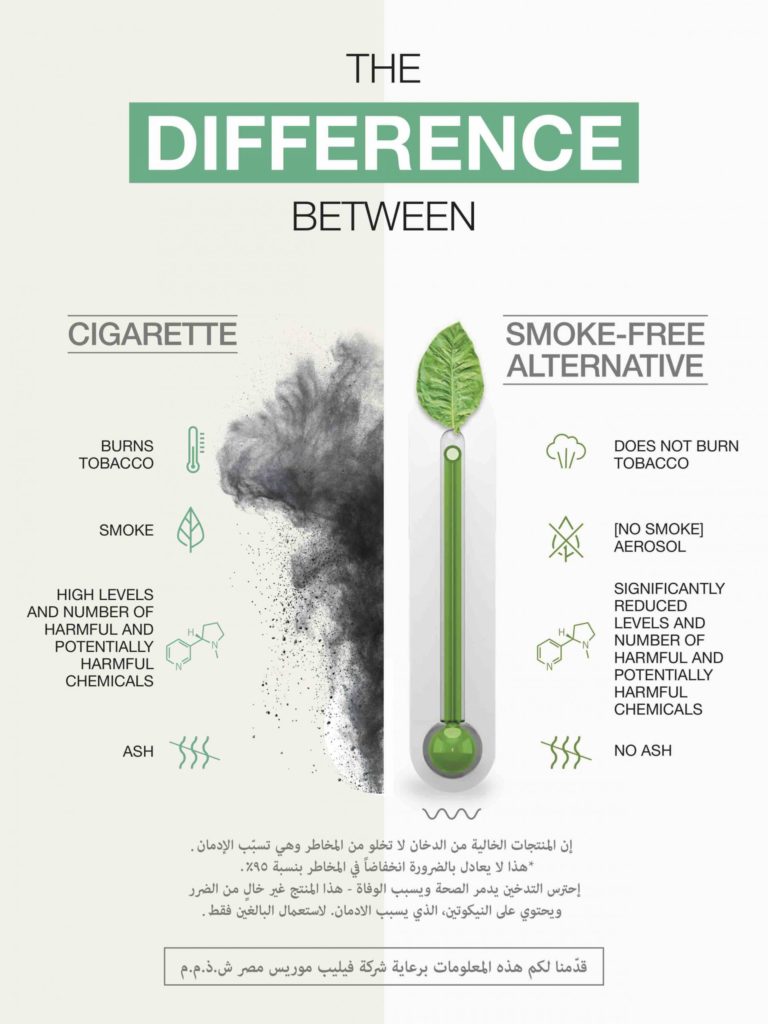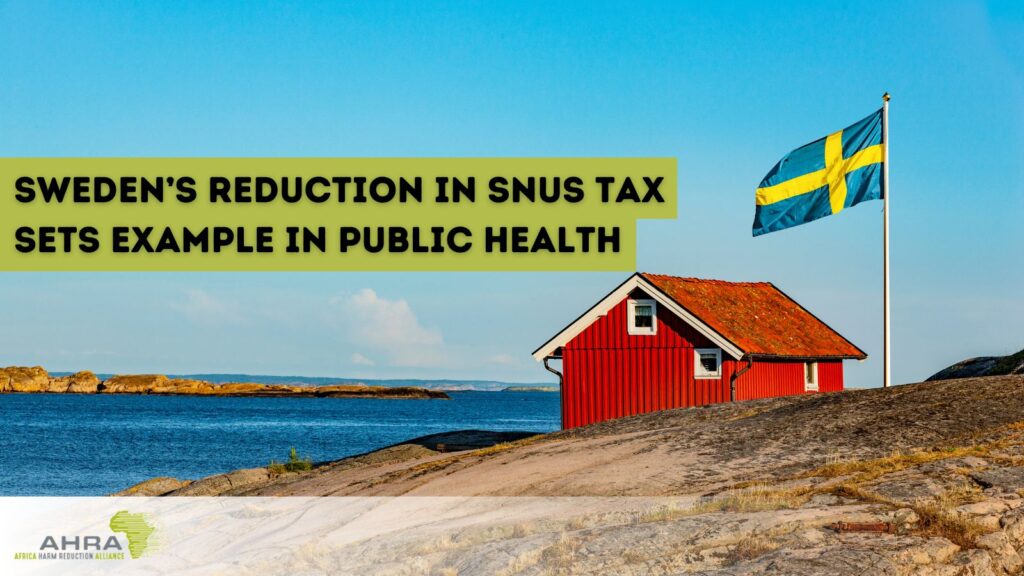Egypt’s progressive step towards harm reduction policies sets a compassionate example for the whole African continent.
Egypt has a population of 106 million1, with a smoking prevalence of 22%. According to World Health Organisation (WHO) reports, smoking has been on the rise since the 20th century2. Of the 22% who smoke, 95% of them are daily smokers; Egypt has the highest cigarette consumption per capita in the Middle East & North Africa (MENA) region3.
With this in mind, the public health potential of non-combustible nicotine alternatives in Egypt is significant. The Africa Harm Reduction Alliance lauds the Egyptian government’s decision this month to lift the ban on e-cigarettes4. Their progressive step towards harm reduction policies sets a compassionate example for the whole African continent.
Acknowledging the need for responsible and risk-proportionate regulation, Egypt has opened its market to RELX International, who have pledged to discourage the use of e-cigarette products by minors, by bolstering age identification requirements at the point of retail. The decision to legalise e-cigarettes will enable the market and regulators to oust illicit products, as well as contributing to tax revenue4.
Now that e-cigarettes are legally available, Egypt’s next challenge is to protect their citizens’ consumer rights (as per the internationally recognised Consumers International guidelines5):
- The right to safety: To be protected against products and process that are hazardous to health.
- The right to be informed: To ensure information about the relative risks between cigarettes and e-cigarettes are communicated accurately.
- The right to choose: To be able to select from a range of products offered at competitive prices, with an assurance of satisfactory quality.
- The right to be heard: To have consumer interests represented in policymaking decisions, and in the development of products
The Egyptian populace, health professionals and consumers alike, will benefit from accurate and evidence-based communication about THR products, such as this infographic which was featured in Daily News Egypt6:
References
- Worldometer. Egypt Population (2022) [Internet]. 2022 [cited 2022 Apr 28].
- Fouda S, Kelany M, Moustafa N, Abushouk A, Hassane A, Sleem A, et al. Tobacco smoking in Egypt: a scoping literature review of its epidemiology and control measures. Eastern Mediterranean Health Journal [Internet]. 2018 [cited 2022 Apr 28];24(2):198–215.
- World Bank. Economics of Tobacco in Egypt [Internet]. World Bank Archive. [cited 2022 Apr 28].
- Businesswire. Lifting of E-Cigarette Ban in Egypt Will Increase Business Opportunities and Gives Adults a Better Alternative to Traditional Cigarettes [Internet]. Businesswire. 2022 [cited 2022 Apr 28].
- Consumers International. FAQs – What are the consumer rights? [Internet]. 2022 [cited 2022 Apr 28]
- Daily News Egypt. Heated Tobacco Products and E-cigarettes… What’s the difference? [Internet]. 2022 [cited 2022 Apr 28].












